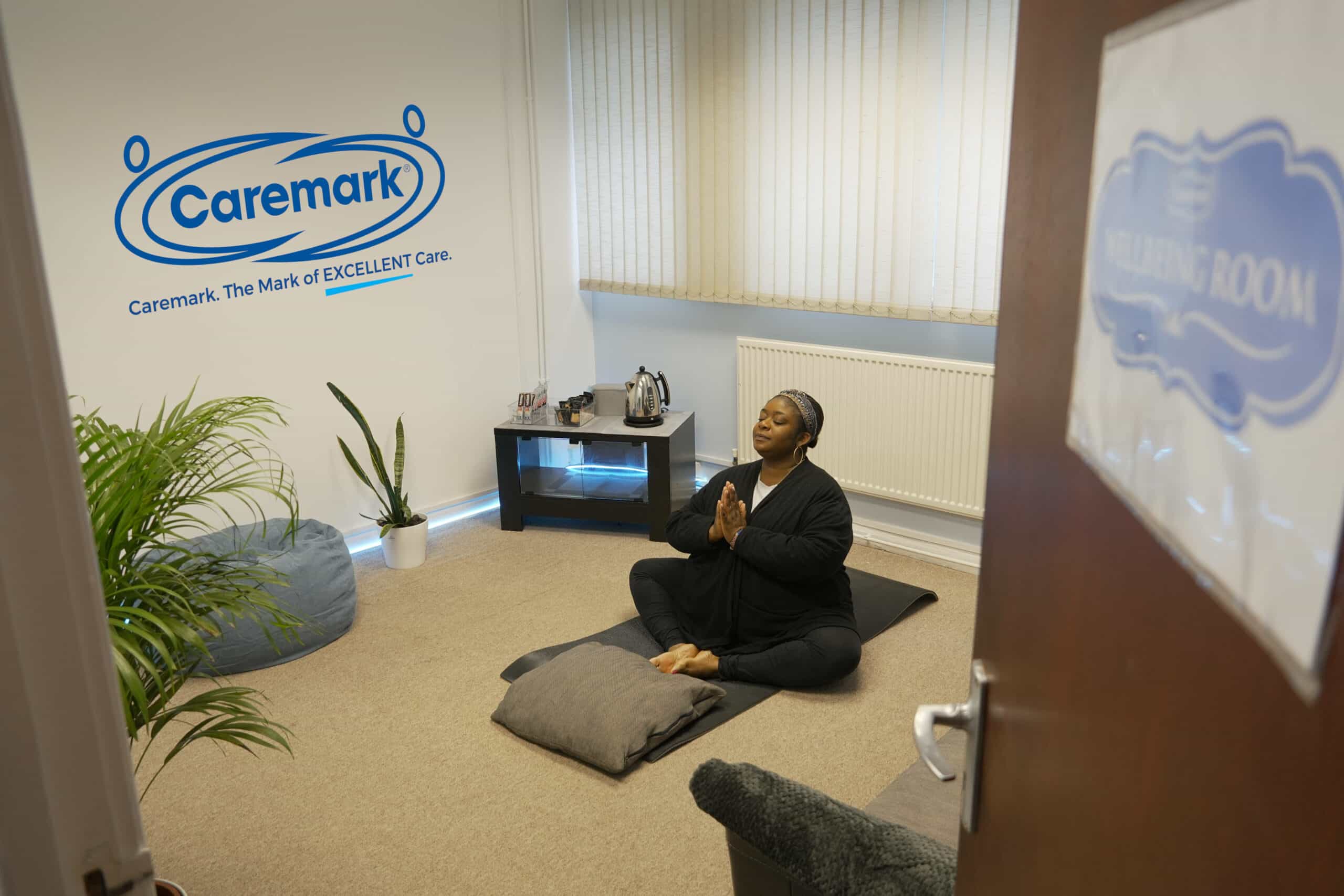How to Avoid Burnout in Care

Managers Network Training: Skills for Care
At a recent Managers Network Training event held by Skills for Care, Rosemarie Duncan, the Registered Care Manager for Caremark Bromley, delivered a powerful and insightful talk on an often-overlooked topic—self-care for managers. As leaders in the care sector, we frequently focus on the well-being of our clients and staff, but how often do we check in with ourselves to prevent burnout in care?
Rosemarie’s talk centred around the challenges managers face, particularly the stress and burnout that can come with overseeing a team, managing client care, and navigating the day-to-day pressures of the industry. She shared actionable strategies for maintaining mental and emotional well-being, offering practical advice for when you feel overwhelmed or exhausted by burnout in care.
Recognising Burnout

Burnout often creeps in unnoticed, affecting both personal well-being and professional performance. Rosemarie emphasized that understanding the early warning signs of burnout is essential to prevent it from becoming overwhelming, especially in the context of burnout in care. She broke down burnout into three distinct dimensions, each with tell-tale signs that managers should look out for:
Neglecting Self-Care: Skipping meals, exercise, or personal time because of work pressures, often leading to burnout in care roles.
Emotional Exhaustion: Feeling drained or detached from your work can be a clear sign of burnout in care.
Decreased Productivity: Struggling to keep up with tasks or feeling less effective.
Irritability: Becoming easily frustrated with colleagues or situations.
Avoiding Work: If you find yourself avoiding certain tasks, dreading going to work, or frequently thinking about quitting, this avoidance behaviour is a strong indicator that burnout is taking hold, particularly in care environments.
Practical Self-Care Tips
Rosemarie emphasised that self-care doesn’t have to be time-consuming or complicated. Here are some tips she shared:
- Take Short Breaks: Even a 5-minute pause to breathe or stretch can help reset your focus and energy. Rosemarie reminded us that it’s okay to step away, even in the middle of a busy day, to avoid burnout in care settings.
- Delegate Where You Can: Effective delegation is not just a way to distribute work; it’s a means to protect your mental health. Letting go of control over every detail can relieve unnecessary pressure and help prevent burnout in care.
- Set Boundaries: As leaders, we often feel compelled to be available 24/7. However, Rosemarie urged managers to set firm boundaries for when work ends and personal time begins. Respecting these boundaries is essential for long-term well-being.
- Stay Connected: Sharing concerns with a peer or mentor can provide a valuable outlet. Rosemarie pointed out that having a trusted network helps in managing the emotional weight of caregiving roles.
- Practice Mindfulness: Simple mindfulness techniques, like deep breathing or meditation, can be practiced during the day. Rosemarie suggested incorporating these moments into regular routines, like at the start of a meeting or during lunch.

Looking After Your Physical Health
Rosemarie also addressed the importance of physical health in managing stress. Proper nutrition, regular exercise, and getting enough sleep are the pillars of resilience. She recommended incorporating physical activity into your day, even if it’s as simple as a walk during lunch, which can help in preventing burnout in care roles.
Finally, Rosemarie encouraged attendees to foster an open, supportive work environment. Normalising discussions about mental health within your team and creating a culture where asking for help is seen as a strength can significantly reduce stress and burnout. She advocated for promoting wellness initiatives and offering mental health resources within the workplace to combat burnout in care roles.
Final Thoughts
Rosemarie Duncan’s message was clear: taking care of yourself is not just an option, but a necessity, especially in leadership roles within the care sector. By recognising the signs of burnout in care and implementing self-care strategies, managers can not only protect their own well-being but also improve their effectiveness and ability to lead.